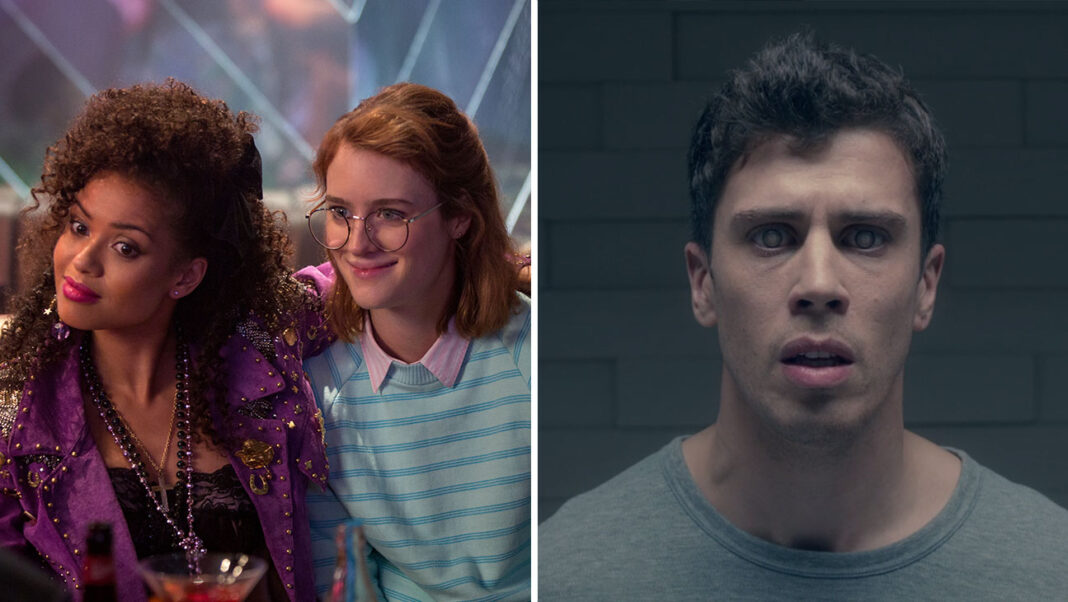“Unpacking the Dark Reflections of Humanity: A Comprehensive Ranking of ‘Black Mirror’ Episodes, Including Season 7
In a world where technology has become an integral part of our lives, Charlie Brooker’s dystopian anthology series ‘Black Mirror’ serves as a cautionary tale, reflecting the darker aspects of human nature and the consequences of our reliance on technology. Since its debut in 2011, the show has captivated audiences with its unflinching examination of the intersection of technology and society, often leaving viewers questioning the very fabric of our reality.
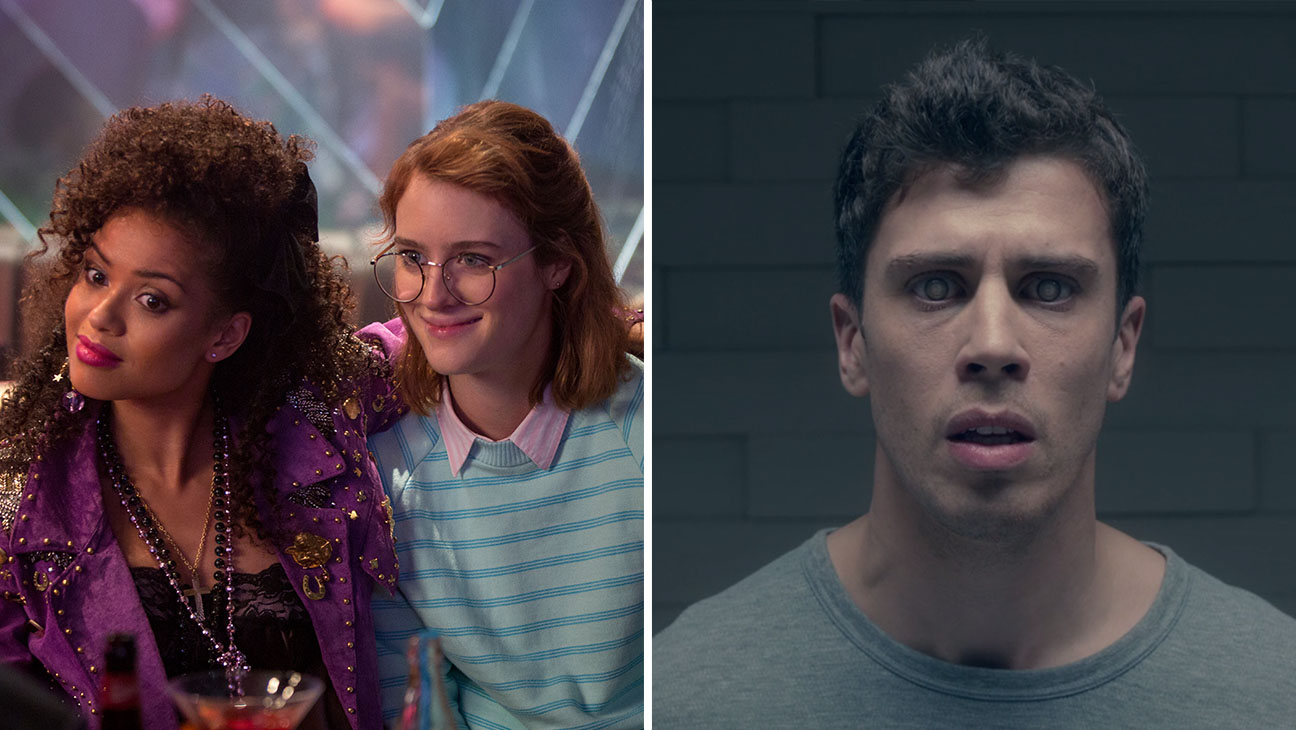
The Bottom Tier: Episodes 23-21
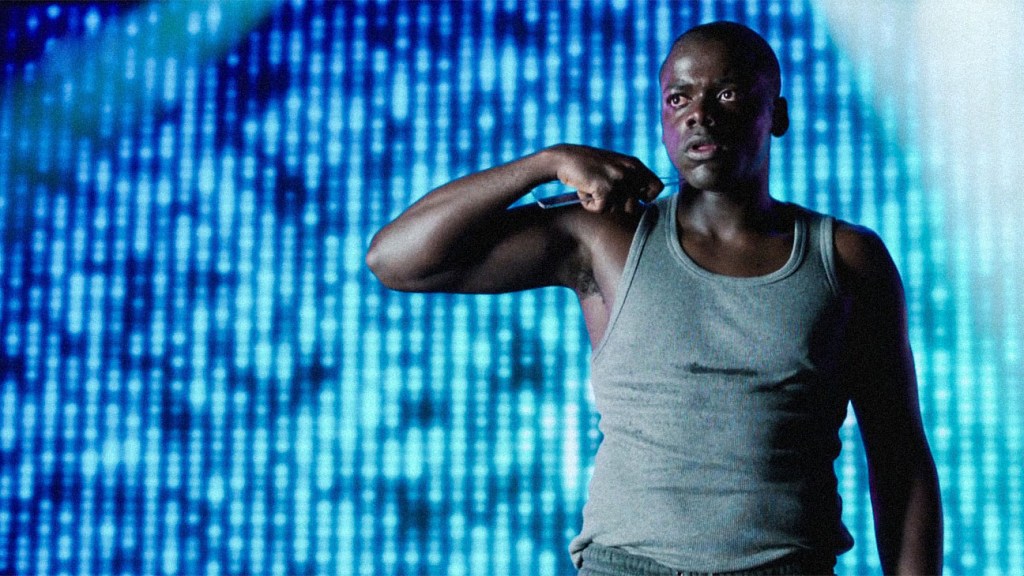
At the lower end of the rankings are episodes that, while still thought-provoking and well-crafted, fail to resonate as deeply as their counterparts. Men Against Fire, Rachel, Jack and Ashley Too, and Metalhead are the lowest-ranked episodes, each with its own unique shortcomings. Men Against Fire, for instance, explores the theme of modern warfare and the morality of using technology to manipulate reality. However, the episode’s ending falls flat, leaving viewers with more questions than answers.
Rachel, Jack and Ashley Too is another episode that, despite its interesting premise, fails to deliver. The story follows a pop star struggling with her image and the consequences of her aunt’s attempts to control her life. While the episode takes a risk with its tone and ending, it ultimately feels disjointed and unsatisfying. The news tickers in the episode are filled with Easter eggs, which may appeal to die-hard fans but do little to enhance the overall viewing experience.
Metalhead is a bleak, black-and-white episode that explores a world where human life is scarce and machines have taken over. The episode’s emotional core is rooted in the protagonist’s human relationships, which serves as a stark contrast to the desolate world she inhabits. While the episode is well-crafted and features a notable White Bear Easter egg, it feels somewhat one-dimensional and lacking in depth.

The Middle Ground: Episodes 20-11
Exploring the Middle Tier
The middle tier of episodes is where things start to get interesting. These episodes, while not as strong as the top-tier episodes, still offer thought-provoking commentary on the human condition and the consequences of emerging technologies. Episodes like Playtest and Shut Up and Dance explore the darker side of human nature, using technology as a catalyst for their characters’ descent into madness.
Other episodes, such as Hated in the Nation, delve into the consequences of social media addiction and the blurring of lines between reality and virtual reality. These episodes, while engaging and well-crafted, ultimately feel somewhat predictable and lack the nuance and complexity of the top-tier episodes.
Despite this, the middle tier is still home to some truly standout episodes. San Junipero, for example, is a beautifully crafted love story that explores the possibilities of virtual reality and the human experience. The episode’s use of technology as a means to transcend mortality is both poignant and thought-provoking, making it a must-watch for fans of the series.
- Playtest: An episode that explores the darker side of human nature and the consequences of playing with forces beyond our control.
- Shut Up and Dance: A thought-provoking commentary on the dangers of social media addiction and the blurring of lines between reality and virtual reality.
- Hated in the Nation: An episode that delves into the consequences of social media addiction and the impact of technology on our relationships and interactions.
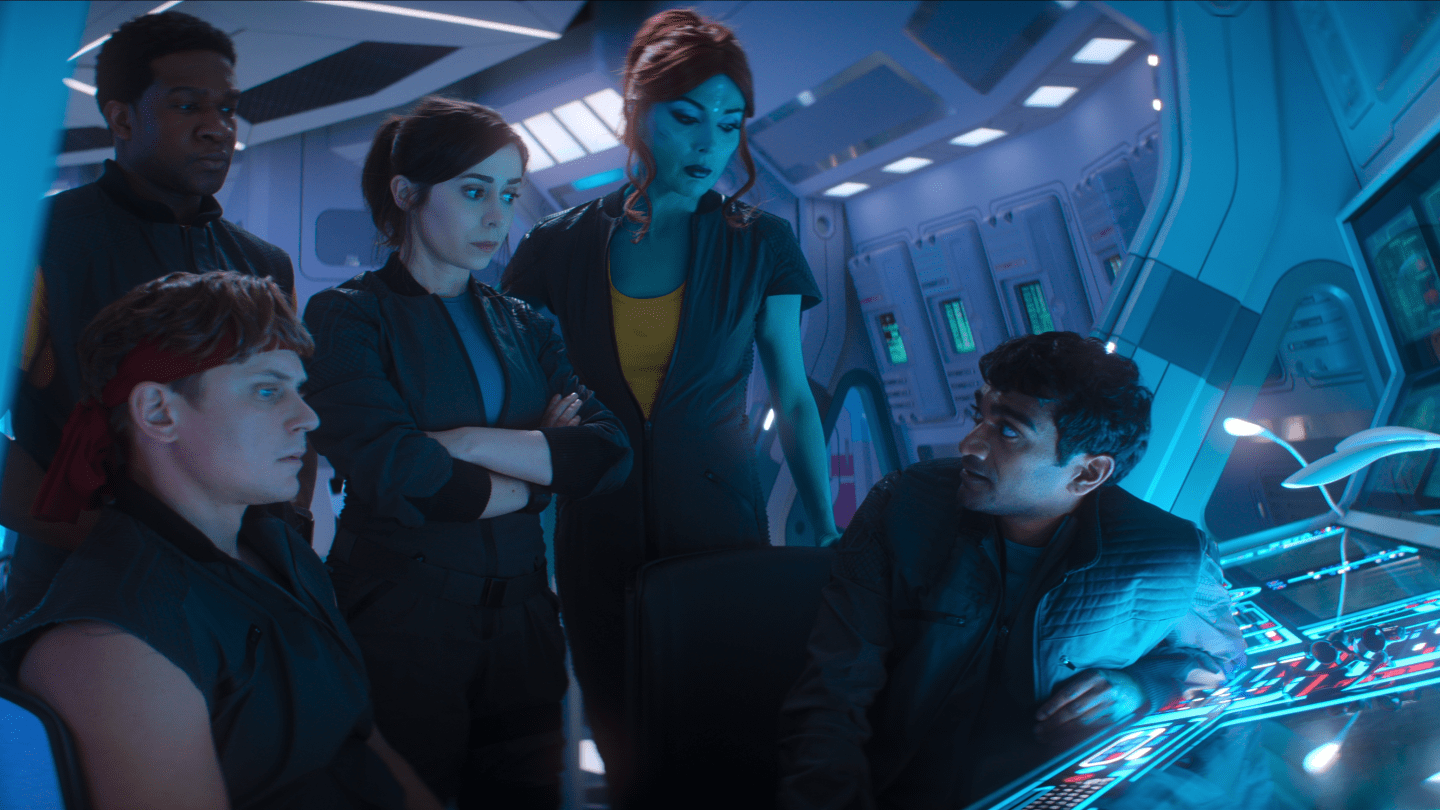
The Top Tier: Episodes 10-1
The Crème de la Crème
The top-tier episodes are where Black Mirror truly shines. These episodes are masterfully crafted, with complex characters, thought-provoking themes, and unexpected twists that will keep you on the edge of your seat. Episodes like USS Callister and Nosedive are exemplary of the series’ ability to craft compelling narratives that explore the human condition in the face of emerging technologies.
USS Callister is a standout episode that explores the dangers of toxic masculinity and the consequences of unchecked power. The episode’s use of virtual reality as a means to escape reality is both fascinating and terrifying, making for a truly unforgettable viewing experience.
Nosedive is another top-tier episode that delves into the world of social media addiction and the consequences of our obsession with technology. The episode’s use of a social media platform to explore the human condition is both poignant and thought-provoking, making it a must-watch for fans of the series.
These episodes are a testament to the series’ ability to craft compelling narratives that explore the human condition in the face of emerging technologies. With their complex characters, thought-provoking themes, and unexpected twists, they are a must-watch for anyone interested in science fiction and technology.
- USS Callister: A thought-provoking commentary on toxic masculinity and the dangers of unchecked power.
- Nosedive: A poignant exploration of social media addiction and the consequences of our obsession with technology.
- San Junipero: A beautifully crafted love story that explores the possibilities of virtual reality and the human experience.
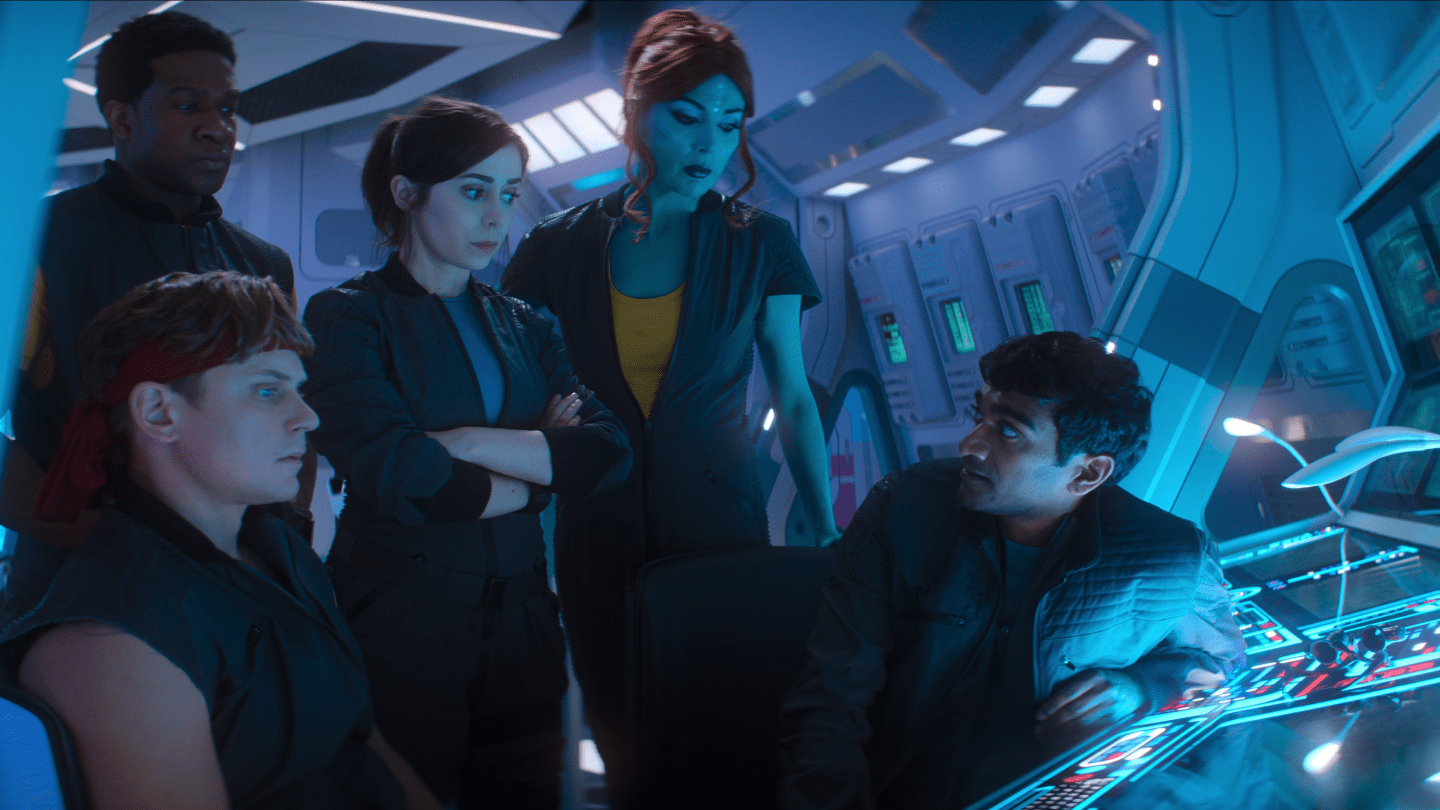
Season 7: A New Era for Black Mirror
The Cast and Crew
With the release of season 7, Black Mirror is ushering in a new era of thought-provoking storytelling. The new season features a star-studded cast, including Rashida Jones, Chris O’Dowd, and Tracee Ellis Ross. The cast is joined by a talented crew, including Ally Pankiw, who directs the episode Common People.
The season also sees the return of Charlie Brooker as writer and executive producer, along with Jessica Rhoades and Annabel Jones as executive producers. The series is licensed by Banijay Right and produced by Broke & Bones.
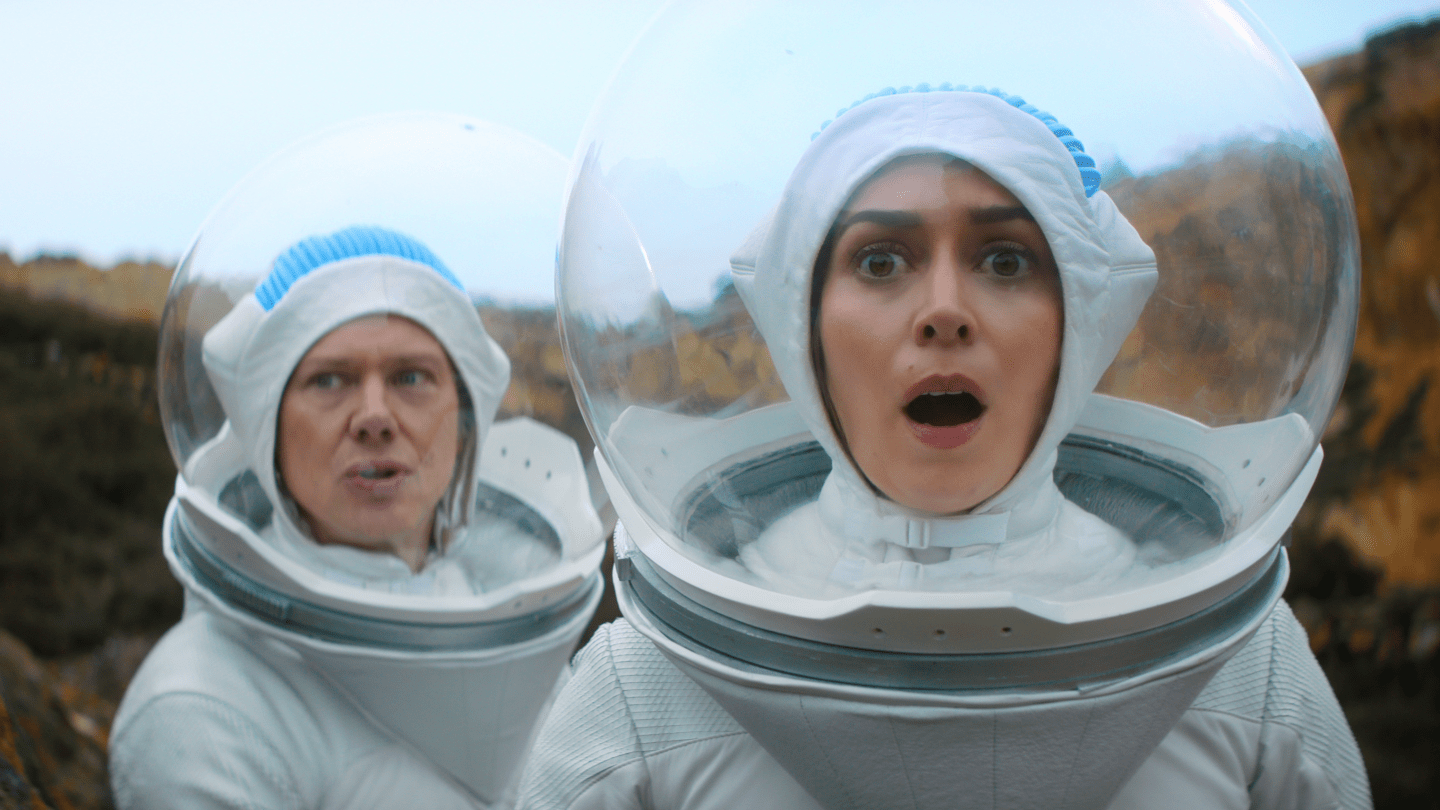
Episode Synopses
The new season features six episodes, each with its own unique storyline and themes. Common People follows a schoolteacher who signs up for a high-tech system to keep her alive after a medical emergency. Bête Noire explores the story of a confectionary whiz kid who is unnerved by her former schoolmate’s return.
Hotel Reverie is a high-tech remake of a vintage British film that sends a Hollywood A-list star into another dimension. Plaything follows an eccentric murder suspect who is linked to an unusual video game from the 1990s. Eulogy introduces a groundbreaking system that allows users to step inside old photographs, stirring powerful emotions in the process.
USS Callister: Into Infinity is the highly anticipated sequel to the Emmy-winning episode USS Callister. The episode follows the crew of the USS Callister as they are stranded in an infinite virtual universe, fighting for survival against 30 million players.
- Common People: A story about a schoolteacher who signs up for a high-tech system to keep her alive after a medical emergency.
- Bête Noire: A tale of a confectionary whiz kid who is unnerved by her former schoolmate’s return.
- Hotel Reverie: A high-tech remake of a vintage British film that sends a Hollywood A-list star into another dimension.
- Plaything: A story about an eccentric murder suspect who is linked to an unusual video game from the 1990s.
- Eulogy: A groundbreaking system that allows users to step inside old photographs, stirring powerful emotions in the process.
- USS Callister: Into Infinity: The highly anticipated sequel to the Emmy-winning episode USS Callister.
The Future of Black Mirror
Implications for the Series and the Entertainment Industry
With the release of season 7, Black Mirror is poised to continue its thought-provoking exploration of the human condition in the face of emerging technologies. The series has already had a significant impact on the entertainment industry, with its unique blend of science fiction and social commentary inspiring a new generation of writers and creators.
The series’ use of technology as a commentary on society is both poignant and thought-provoking, making it a must-watch for anyone interested in science fiction and technology. As the series continues to push the boundaries of what is possible in the world of science fiction, it is likely to have a lasting impact on the entertainment industry and popular culture as a whole.
At Unionjournalism, we are excited to see where the series will go from here and how it will continue to shape the conversation around technology and its impact on society. With its talented cast and crew, and its commitment to thought-provoking storytelling, Black Mirror is sure to remain a staple of the science fiction genre for years to come.
Conclusion
In conclusion, our exhaustive ranking of every “Black Mirror” episode, including the latest season 7, has delved into the darkest corners of technology’s impact on humanity. From the eerie foreshadowing of “The National Anthem” to the unsettling exploration of virtual reality in “Striking Vipers,” Charlie Brooker’s anthology series has consistently pushed the boundaries of psychological thrillers. Our analysis has highlighted the show’s most thought-provoking episodes, such as “San Junipero” and “Hang the DJ,” which expertly balance emotional depth with philosophical inquiry.
The significance of “Black Mirror” lies in its ability to hold a mirror to our collective psyche, forcing us to confront the consequences of our addiction to technology and social media. As we continue to hurtle towards a future of unprecedented digital integration, Brooker’s series serves as a cautionary tale, warning us of the dangers of unchecked innovation and the erosion of human connection. The implications are clear: we must take responsibility for the world we are creating, lest we become trapped in a dystopian nightmare of our own making.
As we look to the future, it is imperative that we heed the warnings implicit in “Black Mirror.” As technology continues to advance at an exponential rate, we must pause to consider the moral and ethical implications of our actions. Will we learn from the lessons of “Black Mirror,” or will we succumb to the very pitfalls it so astutely predicts? The choice is ours. As Brooker’s series so eerily reminds us, “the future is coming, and it’s not going to be pretty.”
